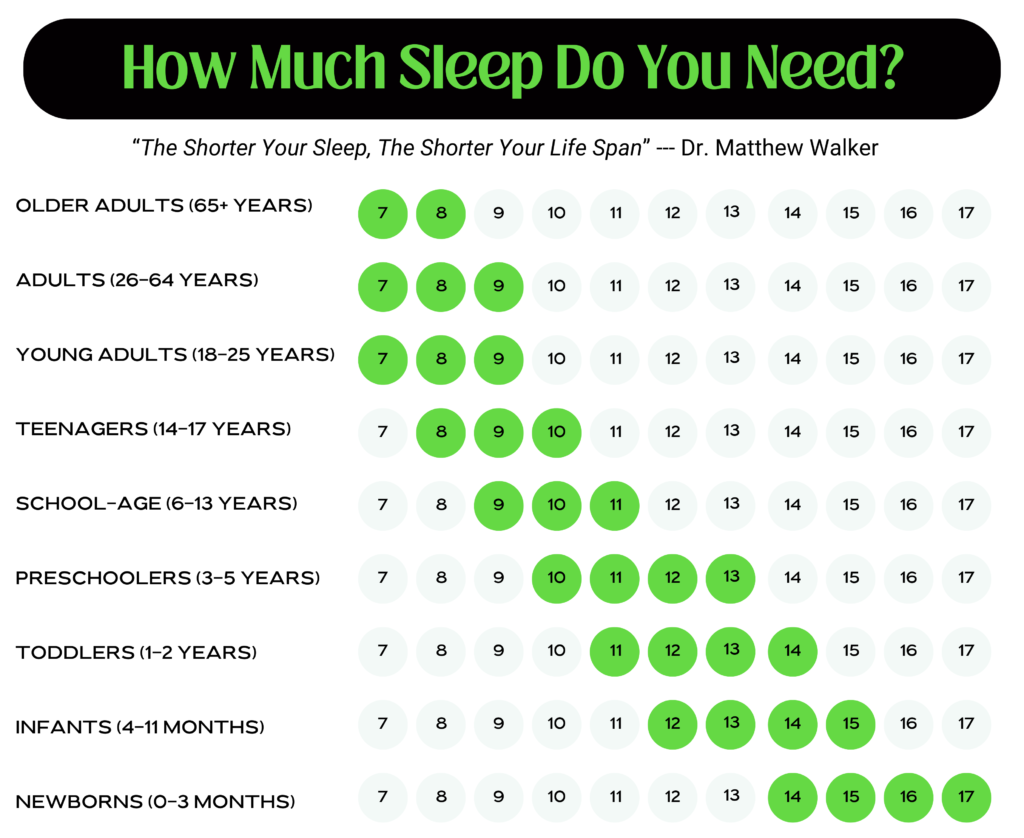Know what the consequences of sleep deprivation are & learn how to get better sleep
This is the first story in our Medium Health & Fitness series on Getting Better Sleep & Reducing Stress. Matthew Walker is the definitive expert about sleep, so it is only appropriate to start off the series with what I have learned from his international bestseller, “Why We Sleep: Unlocking the Power of Sleep and Dreams.”
“ This silent sleep loss epidemic is the greatest public health challenge we face in the twenty-first century in developed nations.”
Matthew Walker
What are the dangers of sleep deprivation?
Scientific research from sleep experts has shown that there are damaging effects to your health, longevity, and well-being due to sleep deprivation.
Dr. Walker is a British scientist and professor of neuroscience and psychology and currently a professor at the University of California, Berkeley, where he directs the Center for Human Sleep Science. Prior to his position at UC Berkeley, Walker served as a professor of psychiatry at Harvard University.
“Sleep is your superpower,” is one of the most-viewed TED talks about sleep.
From Dr. Walker’s book and other sleep experts, here is a non-exhaustive list of the consequences of sleep deprivation:
- Increased risk of heart disease and stroke.
- Greater likelihood of obesity.
- Higher risk of developing diabetes.
- Compromised immune function.
- Elevated risk of cancer.
- Accelerated aging of the skin.
- Reduced libido and fertility issues.
- Increased anxiety and depression.
- Impaired memory and cognitive function.
- Decreased emotional and social intelligence.
- Higher likelihood of accidents and errors.
- Reduced productivity and creativity.
- Increased inflammation in the body.
So why risk all this by not sleeping? Or taking power naps?
It is not just the quantity of sleep but also the quality of sleep that matters.
The National Sleep Foundation recommends varying sleep durations by age.
- Newborns (0–3 months): 14–17 hours daily
- Infants (4–11 months): 12–15 hours
- Toddlers (1–2 years): 11–14 hours
- Preschoolers (3–5 years): 10–13 hours
- School-age children (6–13 years): 9–11 hours
- Teenagers (14–17 years): 8–10 hours
- Young adults (18–25 years): 7–9 hours
- Adults (26–64 years): 7–9 hours
- Older adults (65+ years): 7–8 hours



